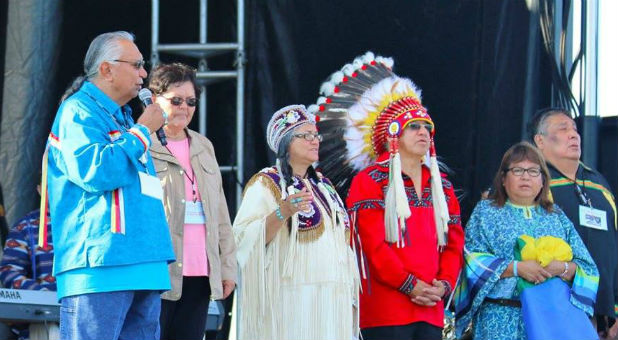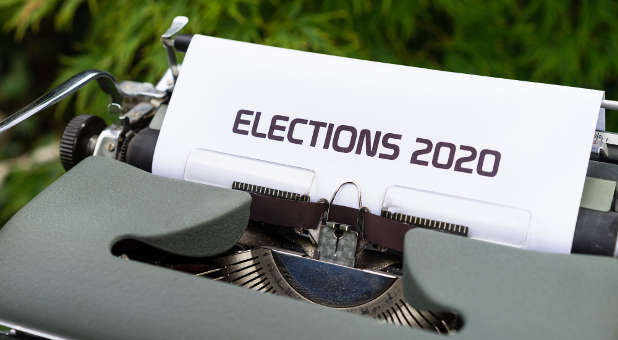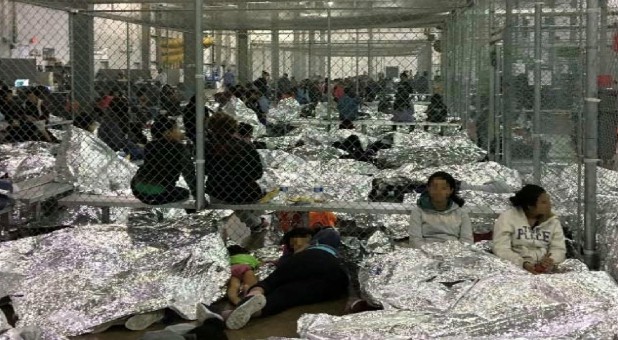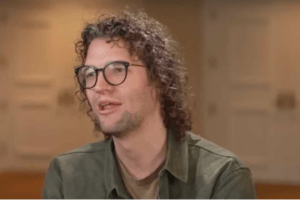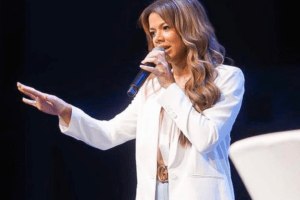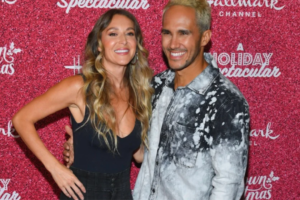President Donald J. Trump’s statements about American Indian and Alaska Native rights represent answers to prayers First Nations leaders have offered from the nation’s capital during annual observances in 2016 and October of this year, according to Christian leaders among them.
In proclaiming November National Native American Heritage Month, the president reaffirmed his commitment to American Indians and Alaska Natives, some of whom welcomed Trump’s words as signs of good things to come from the White House.
“My administration is committed to tribal sovereignty and self-determination,” the president’s statement, released Nov. 1, reads.
“A great nation keeps its word, and this administration will continue to uphold and defend its responsibilities to American Indians and Alaska Natives,” the president said.
At its inaugural National Day of Prayer by First Nations near the Washington Monument in 2016, leaders offered forgiveness to the United States for its failure to keep even one treaty with American Indians who were joined by Native tribes from Canada and Alaska.
Organized by All Tribes DC, the second annual day of prayer on October 20 drew First Nations Christians from North America, Canada and some with Asian ties to the nation’s capital for a celebration of worship, dance and prayer that emphasized native dress and language.
The man who authored the prayer of forgiveness—read on the National Mall last year—believes the words and actions of First Nations Christian leaders assembled in Washington, D.C. led to some of the language in the president’s statement.
“This (proclamation) is a result, I believe, of the All Tribes National Day of Prayer in Washington D.C. on October 20, 2017, and Oct 21, 2016,” said Willie Jock, pastor of New Life Christian Church in New York.
“Many people have prayed for the White House and President Trump to acknowledge the past mistakes of the government in policies relating to the original peoples of this land, and to uphold tribal sovereignty and self-determination,” said Jock, a Akwesasne Mohawk.
His tribe possesses territory in New York state and Canada.
Presidents since George H.W. Bush, who in 1990 proclaimed the first Native American Heritage Month, have maintained the November observance.
“Some people are saying this isn’t anything new, but I dare say it is,” said Mary Faus, a prayer leader in Pennsylvania and a member of All Tribes DC, headquartered in Oklahoma.
“This proclamation recognizes native sovereignty,” said Faus, an Ojibway-Cree. “In essence it’s an admission that we are not just tribes, but nations within the nation.
“I believe that, while (the president’s proclamation) isn’t an apology, it could precipitate the awaited resolution of apology,” said Faus.
While All Tribes DC offered unconditional forgiveness to the nation a year ago, its leaders believe a formal, public apology will quicken revival in the church and spiritual awakening across the U.S.
“We’re hoping that one day (President) Donald Trump will walk onto a stage—if not this one, another one—and apologize to First Nations people,” said Bigpond, standing on a platform inside Constitution Hall, where the day-long prayer event was held.
“I believe revival will start,” said Bigpond, a fourth-generation pastor and Euchee (Yuchi) Indian from Oklahoma.
Bigpond worked with legislators for seven years on a joint resolution of apology for “ill-conceived policies by the U.S. government regarding Native people,” Faus said. “As a result and with regret, on Dec. 9, 2010, the resolution was joined with Defense Bill H.R. 3326,” she said.
Cynthia Dunbar, a representative of the Republican National Committee from Virginia, spoke at the prayer gathering last month.
A lawyer and author of Native-American descent, Dunbar told the prayer gathering that work on a declaration of apology is moving forward.
Issued by The White House Press Secretary, the president’s proclamation reads:
American Indians and Alaska Natives are inextricably linked with the history of the United States. Beginning with the Pilgrims’ arrival at Plymouth Colony and continuing until the present day, Native American’s contributions are woven deeply into our nation’s rich tapestry. During National Native American Heritage Month, we honor and celebrate the first Americans and recognize their contributions and sacrifices.
Native Americans have influenced every stage of America’s development. They helped early European settlers survive and thrive in a new land. They contributed democratic ideas to our constitutional Framers. And, for more than200 years, they have bravely answered the call to defend our Nation, serving with distinction in every branch of the United States Armed Forces. The Nation is grateful for the service and sacrifice of all American Indians and Alaska Natives.
My Administration is committed to tribal sovereignty and self-determination. A great Nation keeps its word, and this Administration will continue to uphold and defend its responsibilities to American Indians and Alaska Natives. The United States is stronger when Indian Country is healthy and prosperous.
As part of our efforts to strengthen American Indian and Alaska Native communities, my Administration is reviewing regulations that may impose unnecessary costs and burdens. This aggressive regulatory reform, and a focus on government-to-government consultation, will help revitalize our Nation’s commitment to Indian Country.
In addition to adopting policies to enhance economic well-being of Native American communities, my Administration will always come to the aid of Native American people in times of crisis. In the wake of Hurricane Irma, I signed the first Presidential Emergency Declaration for a tribal nation. We will ensure the Seminole Tribe of Florida has access to the resources it needs to rebuild. As part of our American family, Native Americans will never be left behind under this Administration. Together, we will strengthen the relationship between the United States Government and Native Americans.
Native Americans are a testament to the deep importance of culture and vibrancy of traditions, passed down throughout generations. This month, I encourage all of our citizens to learn about the rich history and culture of the Native American people.
NOW, THEREFORE, I, DONALD J. TRUMP, President of the United States of America, by virtue of the authority vested in me by the Constitution and the laws of the United States, do hereby proclaim November 2017 as National Native American Heritage Month. I call upon all Americans to commemorate this month with appropriate programs and activities and to celebrate Nov. 25, 2017, as Native American Heritage Day.
IN WITNESS WHEREOF, I have hereunto set my hand this thirty-first day of October, in the year of our Lord two thousand seventeen, and of the Independence of the United States of America the two hundred and forty-second.
DONALD J. TRUMP
See an error in this article?
To contact us or to submit an article


